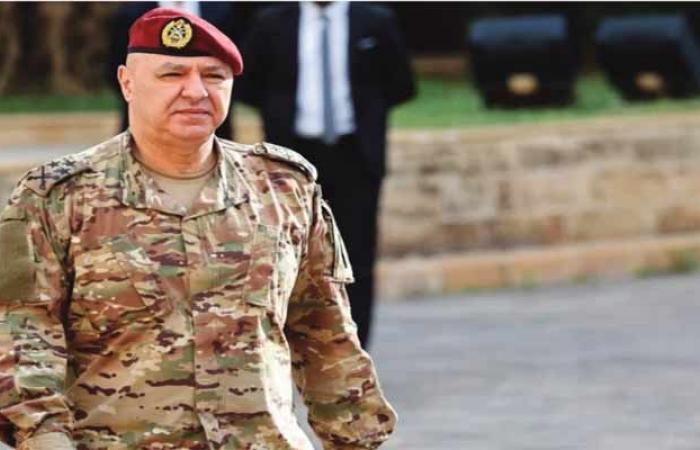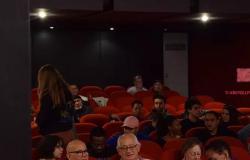The commander-in-chief of the Lebanese army, Joseph Aoun, elected President of the Republic on Thursday, has no political experience but benefits from his position at the head of one of the most respected institutions in the country, undermined by crises political and financial.
The general, who celebrated his 61st birthday on Friday, also enjoys the support of several foreign powers such as the United States and Saudi Arabia.
Joseph Aoun was elected Thursday by deputies in a second round of voting while Lebanon had been deprived of a head of state for more than two years due to deep differences between political blocs
He was elected Thursday by deputies in a second round of voting when Lebanon had been deprived of a head of state for more than two years due to deep differences between political blocs.
General Aoun, who has no family ties with outgoing President Michel Aoun, has led since March 2017 an institution that has been able to stay away from the sectarian and political dissensions that are tearing the country apart.
Within the army, he knew how to maneuver to overcome crises, notably an economic collapse which hit the pay of his 80,000 soldiers hard, forcing him to accept international aid to preserve his institution.
Since a ceasefire agreement at the end of November ending the war between the powerful Hezbollah movement and Israel, the army has had the delicate task of ensuring respect for the truce.
It is gradually being deployed in the southern border areas as the Israeli army withdraws, a process which must be completed by January 26.
Under the agreement, only the Lebanese army and UN peacekeepers are to be deployed in the south. Hezbollah fighters must withdraw to areas further north and abandon their heavy weapons.
Intervening in the stronghold of Hezbollah, which has promised “total cooperation”, the head of the army must ensure to preserve the precarious social and confessional balance of the Lebanese political game: not to anger the pro-Iranian movement without attracting the wrath of his detractors.
The soldier with laconic words, bald and with a solid build, can count on his network woven through the entire Lebanese political class, but also his contacts with Western capitals, Paris and Washington in the lead.
“He has the reputation of being a man of integrity,” political scientist Karim Bitar told AFP.
“Within the Lebanese army, he is seen as someone dedicated, who defends the national interest, and who tries to consolidate the institution, the only one still spared by confessionalism and which is still standing,” adds -he.
Mohanad Hage Ali, of the Carnegie think tank for the Middle East, underlines its “links with the United States”, the Lebanese army being financially supported by Washington.
“He maintained relations with everyone, but he was often criticized by the media affiliated with Hezbollah” precisely for this American connection, he specifies.
In addition to the American ally, the institution has received aid from Qatar and France.
An international conference organized in Paris in October raised $200 million for the army, vital support: at the height of the economic crisis in 2020, the army even had to remove meat from meals served to its soldiers .
“Everyone recognizes his faultless record at the head of the army,” a Western diplomat told AFP. “But can he become a politician? That’s the question.”
Fluent in French and English, General Aoun is the father of two children. He comes from the Maronite Christian community, to which the presidency is reserved, by virtue of the confessional sharing of power which grants Sunni Muslims the post of Prime Minister and Shiite Muslims that of President of Parliament.
For Mr. Bitar, “even among those who respect him, there are many” who were opposed to his election, “mainly because he comes from the army.”
Because certain ex-presidents with a similar profile have left the Lebanese with “a bitter aftertaste”, he notes. Not to mention that this could endorse the idea that the head of the army can “systematically become president”.
Michel Aoun was also a former commander of the Lebanese armed forces, and his three predecessors also came from the ranks of the military institution.






